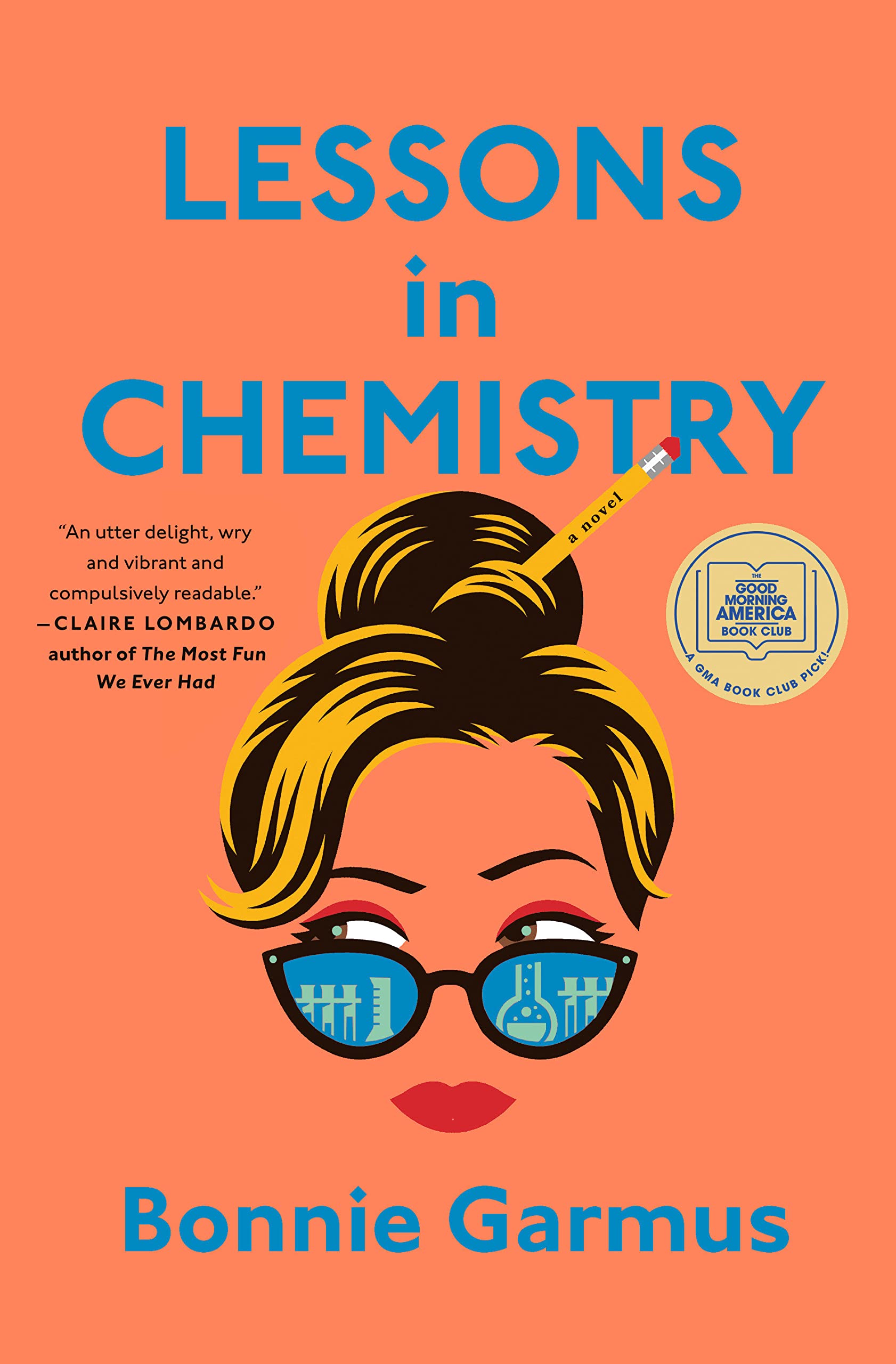Here is the second half of the stack of notable books I pulled from the Page-a-Day Book Lovers Calendar from 2008. Again – I don't have time to give each book the full treatment, so I am just quoting from reviews or the calendar and linking to the books. I just can't bear to come back in 2009 to a stack of books from the 2008 calendar - too depressing.
The Strangeness of Beauty, by Lydia Minatoya (2001). From Page-a-Day: A quiet half-light illuminates this story of three generations of Japanese women who settle in Seattle in 1918 and then move back to Japan. Minatoya draws us into deep waters, outlining subtle relationships among vivid personalities constrained within rigid social structures and struggling to find satisfying expression. The consolations of art, patience, love, and history bear beautiful fruit for the characters, as well as for the reader.
Get a Life, by Nadine Gordimer (2005). From The New Yorker via Amazon: "Here [Gordimer] exposes the complacency of politically aware, upper-middle-class whites in post-apartheid South Africa. The central figure is an ecologist who is battling plans for a nuclear reactor when he gets a diagnosis of thyroid cancer; ironically, his treatment leaves him temporarily radioactive. He begins to brood about his marriage to a chipper advertising executive, whom he suddenly sees as a person 'who has no need of convictions.' Gordimer is more concerned with ideas than with character, and her dense syntax saps feeling from even the most dramatic events. Still, she is capable of the lacerating truth, as when an adulterer muses, 'Surely there is a humane principle that lies save if not lives then the good order of life.'"
Dream Boy by Jim Grimsley (1995). From Amazon: With this heartbreaking story of first love, Grimsley… works [the theme of] a father's abuse of his son into his sensitive depiction of a love affair between two high-school boys in the rural South. Nathan, a sophomore and the only child of an abusive, scripture-quoting, booze-guzzling father and a nearly invisible mother, becomes smitten with Roy, a senior who lives next door. Almost without realizing it (and with some reluctance on both sides), they begin an achingly tender romance. Ultimately, peer pressure leads to tragedy, and to a sort of metaphysical denouement that may strike some readers as over-the-top. But by that time, Grimsley's scenario has become so poignant and credible that the ending seems almost inevitable. He clearly understands the pain and confusion of budding love, and his present-tense narrative adds urgency and a touching immediacy to his tale. Without ever succumbing to cliche, Grimsley cuts with surgical precision to the heart of these characters' inchoate longings and barely repressed fears. Deceptively simple descriptive passages are hauntingly elegiac, and things left unsaid become as important as words expressed: these players' silences speak volumes. Romantic passion, violence and ultimate liberation coalesce in this singular display of literary craftsmanship.
Some Fun: Stories and a Novella, by Antonya Nelson (2006). From Page-a-Day: "Tales of childhood and middle age, of love and loss, and gritty, totally real dialogue – there's a new(ish) writer on the block for those who love Lorrie Moore or Alice Munro or any good woman who can tell a good story. Antonya Nelson is a name to remember and a force to be reckoned with."
Evenings at Five: A Novel and Five New Stories, by Gail Godwin. From Amazon: "Celebrated novelist Godwin (Father Melancholy's Daughter) lost her companion of nearly 30 years, the composer Robert Starer, two years ago, and this book is a devoted, quirky, wry and surprisingly powerful fictionalization of aspects of their life together as working artists. It takes its text, as Godwin might like to say, from the cocktail hour the pair observed, well, religiously, at the end of their working day, exchanging their jokes, their thoughts, their sense of themselves and their friends and neighbors. It swiftly and seamlessly moves into husband Rudy's long illness, nobly borne, and wife Christina's profound sense of loss after his death, tempered frequently by flashes of hilarity and sweet sense. The book has an elusive tone, somber but never mawkish, with a delight in words and the ways people use and abuse them that is typical of this urbane author. For a book that can be read in an hour, it is remarkably dense."
Song of the Cuckoo Bird, by Amulya Malladi (2005). From Amazon:"Malladi's fourth novel transports readers on a cinematic journey through late-twentieth-century India as seen through the eyes of the inhabitants of Tella Meda, a religious community on the Bay of Bengal. Kokila comes to the ashram in 1961 as an 11-year-old orphan. She later renounces her arranged marriage to stay within Tella Meda's restrictive walls, a move she comes to regret. The ashram's guru attracts a cast of misfits from near and far–widows, abused wives and their neglected children, the daughter of a prostitute, a father guilty over his daughter's suicide–each illuminated by Malladi in her kaleidoscopic perusal of both the ills of India's caste system and the repercussions of rigid moral dicta. Running historical updates on India's wars, elections, and assassinations introduce each chapter. But the crux of the novel is how Malladi's female characters struggle with the stifling effects of caste and gradually respond to the movement for women's rights that surges as the century draws to a close."










About Me
I have been blogging about books here at Everyday I Write the Book since 2006. I love to read, and I love to talk about books and what other people are reading.